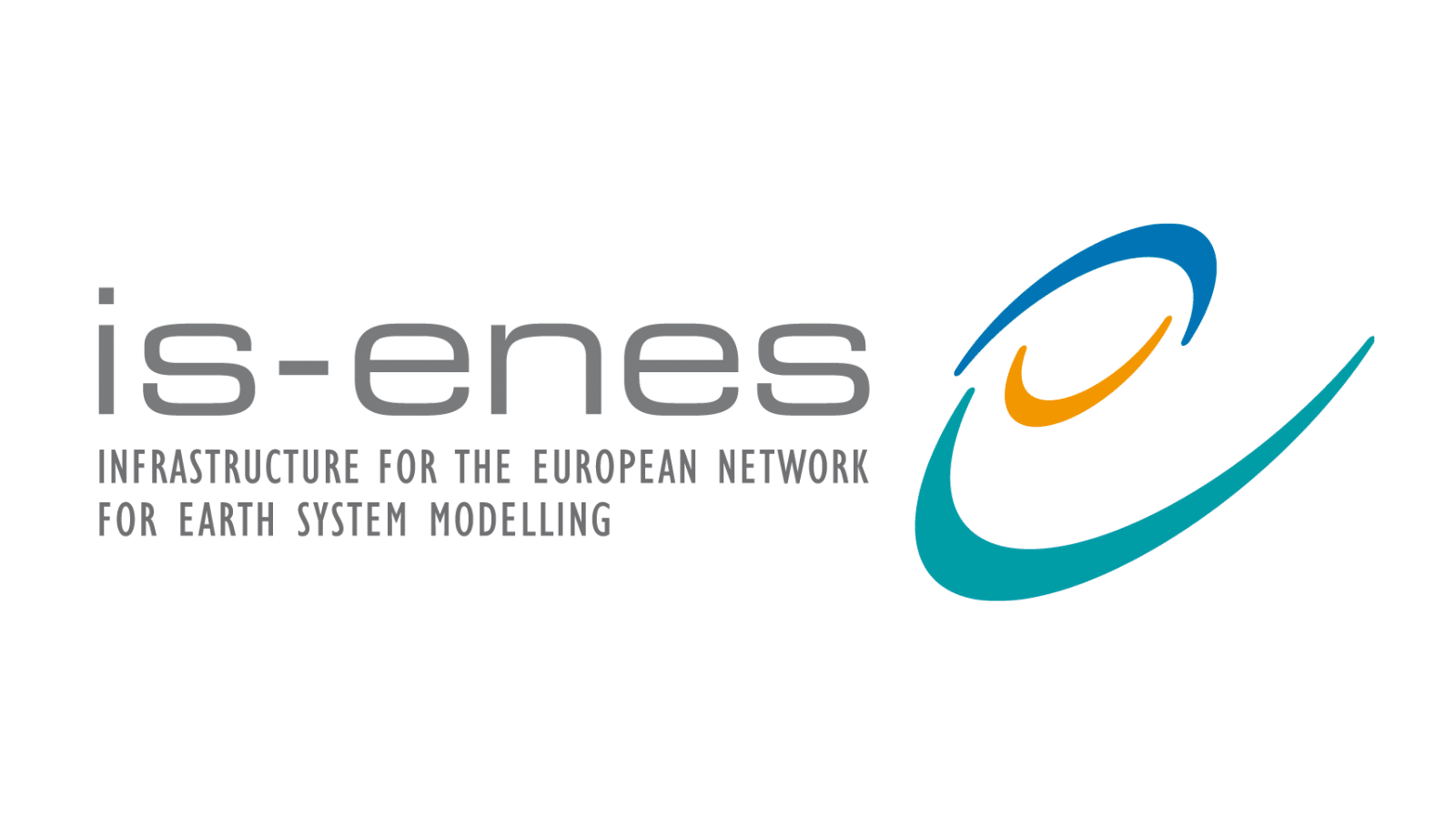
RI-SCALE
Research Infrastructures are rapidly evolving into large-scale data hubs, generating critical datasets essential for scientific breakthroughs. However, the full potential of these vast datasets is often constrained by technical challenges, including limited computational resources, expertise, and ready-to-use tools for data staging, analysis, and AI-driven insights. The EU-funded RI-SCALE project tackles this issue head-on by developing and deploying Data Exploitation Platforms (DEPs), enabling seamless access to and advanced analysis of Research Infrastructure datasets, driving AI application development and enabling more impactful scientific research.
The RI-SCALE project brings together a diverse consortium of stakeholders, including four thematic RIs—ENES, EISCAT_3D, BBMRI, and Euro-BioImaging—as well as leading compute providers from EGI (Technical University of Wien and TÜBİTAK) and prominent data spaces such as Copernicus, DestinE, and EUCAIM. The project’s primary goal is to co-design, prototype, and validate a DEP technology that supports scalable computational platforms for AI-driven data exploitation.
EGI Foundation role in the project:
EGI serves as the project coordinator, and
- leads WP1 to manage administrative, technical, financial, and ethical compliance, ensuring smooth execution across 29 partners.
- drives the development of trusted data replication and lifecycle management solutions in WP2, aligning RI datasets with cloud and HPC environments while focusing on energy efficiency.
- In WP3, EGI facilitates the integration of scalable AI frameworks into DEPs, enabling advanced data processing for RIs in environmental and biomedical sciences.
- As the leader of WP4, EGI designs secure, interoperable identity, authentication, and authorisation solutions, ensuring compliance across RIs, e-infrastructures, and Data Spaces.
- EGI also coordinates co-design and validation efforts in WP5, ensuring DEP prototypes meet technical and scientific needs, and
- leads dissemination and capacity-building efforts in WP6 to maximise project impact and foster the adoption of DEP technologies.
Expected results:
- KER1: Data Exploitation Platform(DEP)
Develop a prototype platform for hosting RI datasets and scalable data analytics on these datasets. The platform allows data-intensive computing on top of the data served.
- KER#2: AI Frameworks and Models for Scalable Analytics within DEPs
Develop and integrate AI frameworks for integration into DEP installations. Develop and integrate AI models for training with the underlying data from the DEPs, reusing foundational AI models and community AI models. Serving trained and validated AI models for reuse.
- KER#3: Pilot DEP deployments (DEPs)
Deploy pilots of KER#1 to validate them in the production environment along with components integrated from KER#2.
- KER#4: Engagement framework towards SMEs
Develop an Engagement framework towards SMEs and startups focusing on EDIHs and the spin-off ecosystem to involve them in validating the DEPs and the AI capabilities.
- KER#5: Competence Centre Establish competence centres to deep dive into KER#1, KER#2 and KER#3 on Scalable AI results to collaboratively co-design solutions for scalable AI challenges.
Research Infrastructures

ENES provides an umbrella organisation for the European climate modelling community working on “the understanding and prediction of climate variability and change”.

EISCAT operates incoherent scatter radars in the northernmost parts of the Nordics and conducts ionospheric and atmospheric measurements. As an example EISCAT can observe effects of the aurora borealis or the northern lights.

BBMRI-ERIC is a European research infrastructure for biobanking. BBMRI offers quality management services, support with ethical, legal and societal issues, and a number of online tools and software solutions for biobankers and researchers.

Euro-BioImaging is a state-of-the-art research infrastructure established in November 2019 to provide world-class biological and biomedical imaging services to life science researchers across Europe. Its primary objective is to enable groundbreaking research and drive technological advancements that will significantly influence the future of imaging.
News about ENVRI-Hub NEXT
Loading








